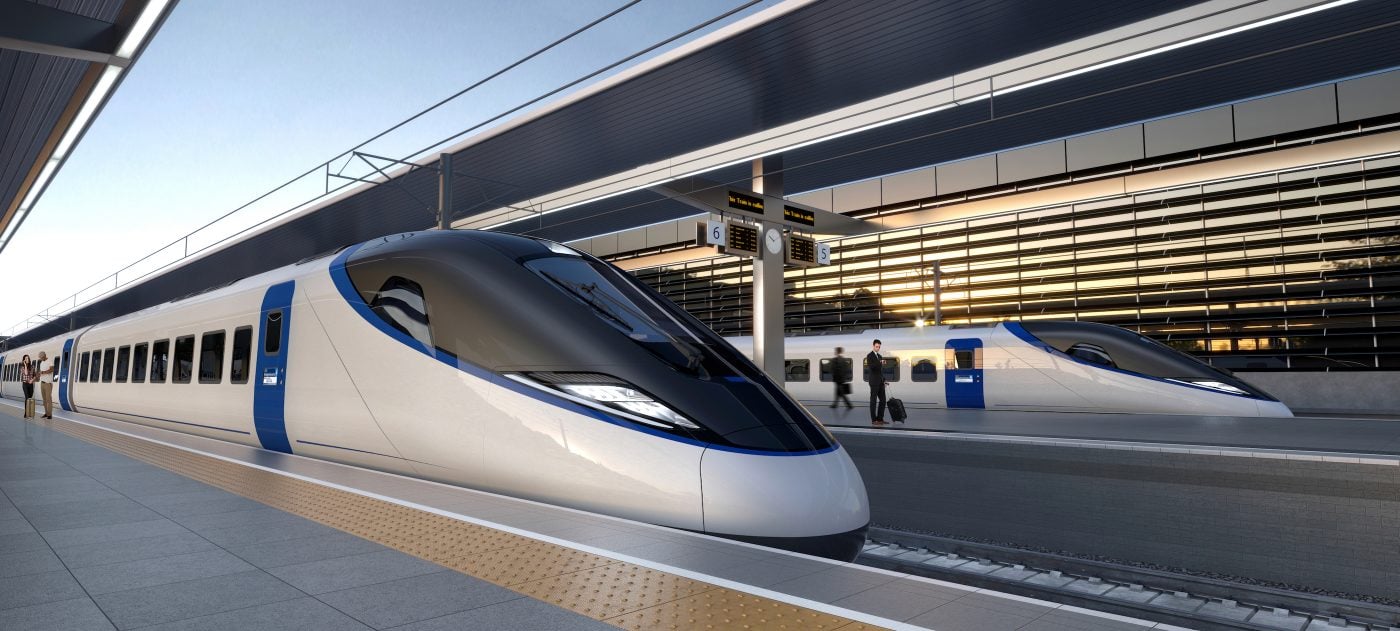The HS2 high-speed rail project is making significant strides as it approaches a pivotal moment in reshaping Britain’s transportation system. Aimed at dramatically cutting commute times and offering a more environmentally friendly alternative to cars and planes, HS2 is set to revolutionize travel for people across the nation.
Once operational, the bullet train will greatly reduce travel times between major cities, with some journeys being shortened by several hours. Additionally, it will contribute to lowering the UK’s carbon emissions by encouraging more individuals to choose train travel over less sustainable modes of transport, like cars and airplanes.
Nevertheless, the project faces several obstacles. Rising costs, environmental issues, and the effects on local communities along the route have ignited considerable discussion. Detractors argue that the economic advantages may not warrant substantial investment, while others express concerns about the environmental repercussions of construction and land usage.
Despite these challenges, advocates of the project assert that HS2 will be transformative for the UK, fostering economic development, job opportunities, and a more sustainable transportation future. As the initiative progresses, Britain stands on the brink of achieving its bullet train vision.





